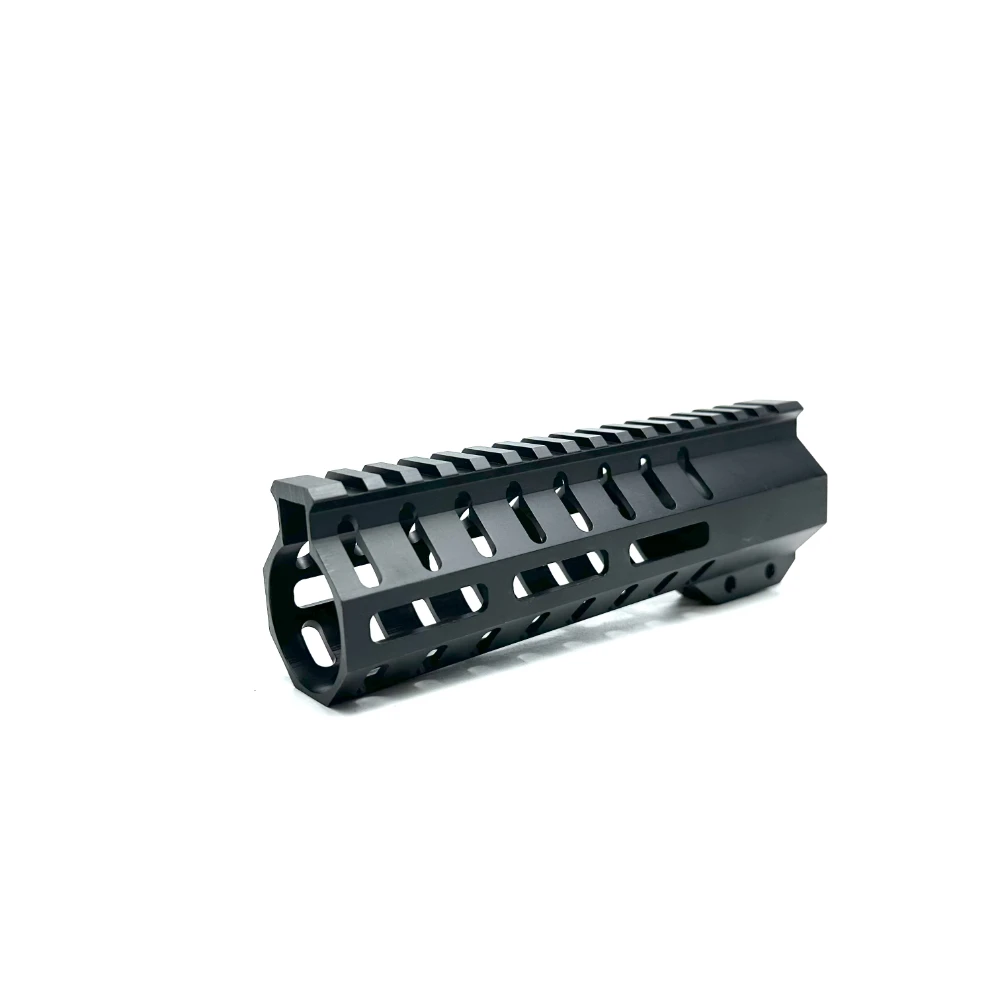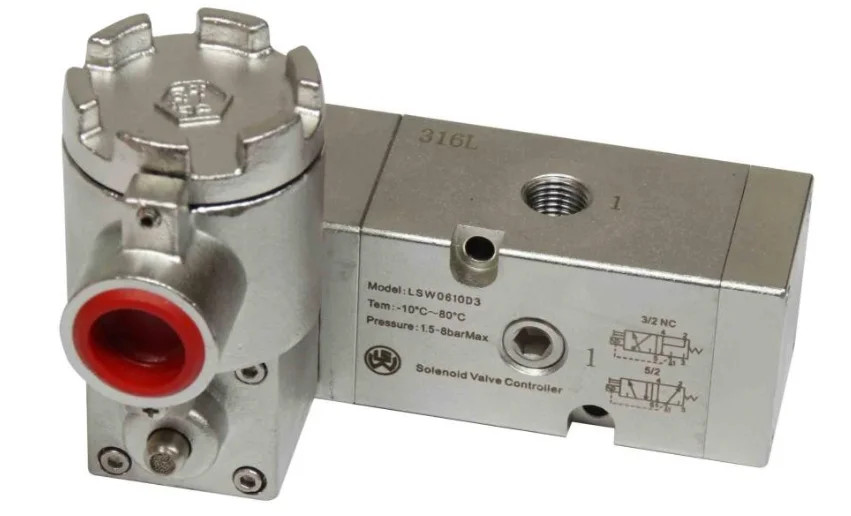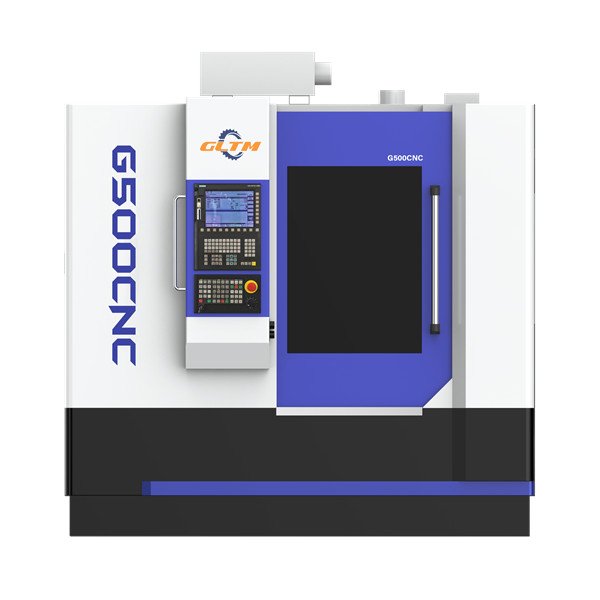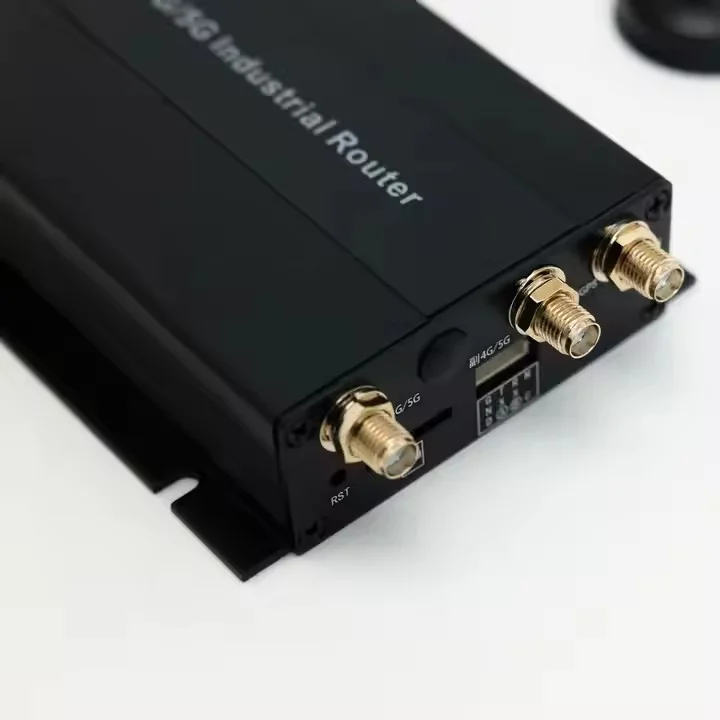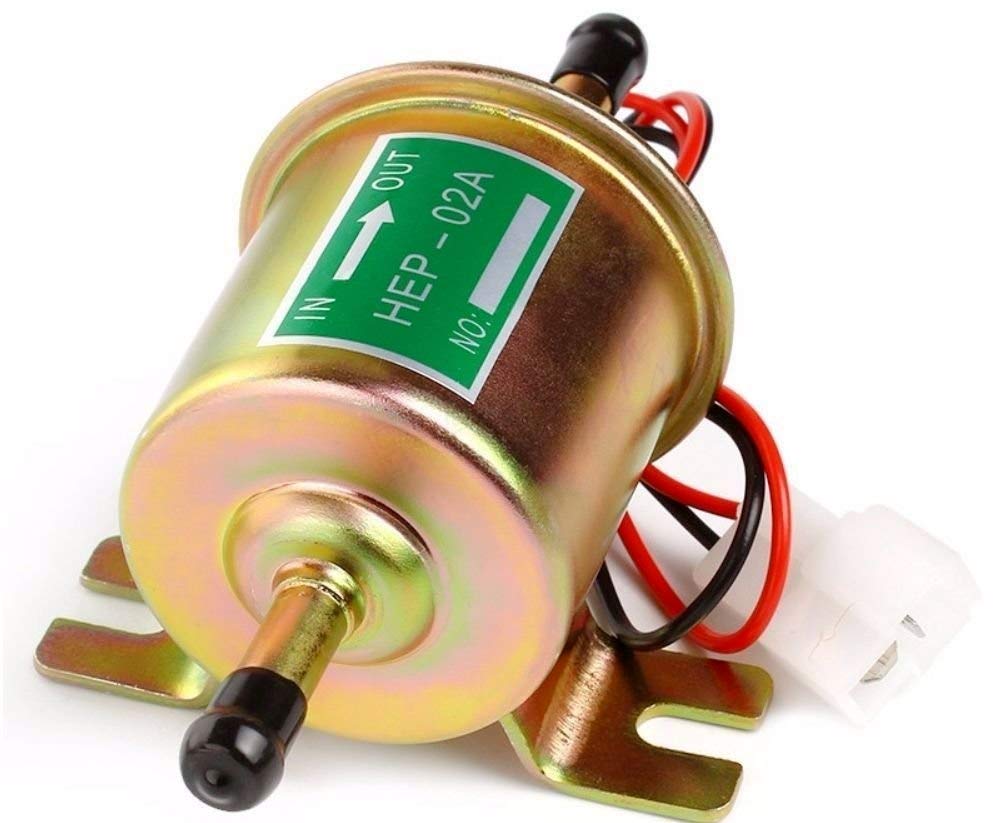
When it comes to fuel delivery systems in vehicles, the debate between mechanical fuel pumps and electric fuel pumps has been ongoing. Both options have their advantages and disadvantages, and choosing the right one can greatly impact the performance and efficiency of a vehicle. In this blog post, we will delve into the intricacies of mechanical fuel pumps and electric fuel pumps, exploring their differences, benefits, and drawbacks. By the end, you will have a comprehensive understanding of which option may be better suited for your specific needs.
- Understanding Mechanical Fuel Pumps:
Mechanical fuel pumps have been a staple in the automotive industry for decades. These pumps are typically driven by the engine's camshaft or a dedicated eccentric shaft. They rely on mechanical force to draw fuel from the tank and deliver it to the engine. One of the key advantages of mechanical fuel pumps is their simplicity and reliability. They do not require electrical power, making them less prone to electrical failures. Additionally, mechanical fuel pumps can generate higher fuel pressure, which is beneficial for high-performance engines. - Exploring Electric Fuel Pumps:
Electric fuel pumps, on the other hand, have gained popularity in recent years due to advancements in technology. These pumps are powered by an electric motor and are typically located inside the fuel tank. Electric fuel pumps offer several advantages over their mechanical counterparts. Firstly, they provide consistent fuel pressure, regardless of engine speed or load. This ensures optimal fuel delivery and improves overall engine performance. Electric fuel pumps are also more versatile, as they can be easily adjusted to accommodate different fuel system requirements. - Factors to Consider:
When deciding between a mechanical fuel pump and an electric fuel pump, several factors should be taken into account. One crucial consideration is the intended use of the vehicle. For high-performance applications, where consistent fuel pressure and higher flow rates are essential, a mechanical fuel pump may be the better choice. On the other hand, electric fuel pumps are often favored in modern vehicles due to their efficiency, reliability, and ease of installation. Additionally, the vehicle's electrical system and available space should also be considered when making a decision. - Conclusion:
In conclusion, the choice between a mechanical fuel pump and an electric fuel pump depends on various factors, including the vehicle's intended use, performance requirements, and available space. While mechanical fuel pumps offer simplicity and higher fuel pressure, electric fuel pumps provide consistent fuel delivery and adaptability. Ultimately, it is crucial to assess your specific needs and consult with automotive experts to determine the most suitable option for your vehicle. Whether you opt for the traditional reliability of a mechanical fuel pump or the modern efficiency of an electric fuel pump, ensuring proper fuel delivery is essential for optimal engine performance.

